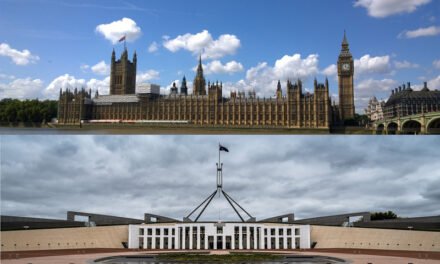The University of Sydney Business School has been asked by the United Nations to make its expertise in poverty alleviation available to the high level World Investment Forum to be held in Geneva in October.
The biennial Forum, sponsored by the United Nation Conference on Trade and Development (UNCTAD), traditionally attracts heads of government, senior ministers and the heads of international development agencies and multinational corporations.
It has been described by UN Secretary General Ban Ki-moon “as the most important event of the international investment community and its stakeholders.”
Poverty Alleviation Program
This year, experts from around the world including the University of Sydney Business School’s Associate Professor Ranjit Voola, have been asked to assist in the development of a UNCTAD project aimed at encouraging the private sector to invest in poverty alleviation.
Dr Voola recently created a postgraduate unit of study titled ‘Poverty alleviation and profitability’ which has been described by the Dean, Professor Greg Whitwell, as an “excellent example of the Business School’s commitment to applied research that makes a difference in people’s lives.”
“I have a strong belief in the importance of students understanding that you can do well by doing good,” said Professor Whitwell. “Ranjit’s unit and his research show that these two notions are not antithetical. Here they can be combined for the benefit of the world’s poor.”
The unit is currently available to about 50 students at the Business School who are engaged in the CEMS accredited Masters in International Management Program. CEMS is a global alliance of 29 elite Business Schools including the University of Sydney Business School.
“In line with the CEMS mission to promote global citizenship with professional responsibility in relation to society as a whole, Dr Voola’s course is a fantastic learning and growth opportunity for young graduate students,” said CEMS Executive Director, Roland Siegers. “It is helping them to understand that they can make a difference.”
Profit and Poverty
Dr Voola says the four billion people in the developing world who exist on less than five dollars a day present the private sector with an untapped market worth five trillion dollars as well as an opportunity to make a profit while alleviating poverty.
He adds that while poverty alleviation had once been the exclusive domain of not-for-profits, governments and multinational organisations like the United Nations, there are now both moral and economic imperatives for businesses to become involved.
“Our unit of study aims to encourage students to radically rethink the traditional business focus on prosperous middle class markets and engage with the world’s poor,” Dr Voola said. “We are not talking about exploitation but rather a novel role for business in poverty alleviation.”
“Dr Voola’s work is a source of inspiration for our students and another example of how the Business School is extending traditional notions of what constitutes a ‘business education,” Professor Whitwell concluded. “We are being truly innovative and that is now being recognised internationally.”
UNCTAD Project
The UNCTAD project, to be advanced at the Geneva Forum, will include the development of a business school curriculum focused on the private sector’s role in poverty alleviation which is expected to be made available to students around the world.
“The CEMS Community is engaging in this UNCTAD project because we believe that poverty, one of the most impactful problems of the 21st Century, must and can be dealt with using business thinking,” said Mr Siegers.
Experts representing universities in South America, Africa and Europe have also been invited to contribute to the UNCTAD project.




